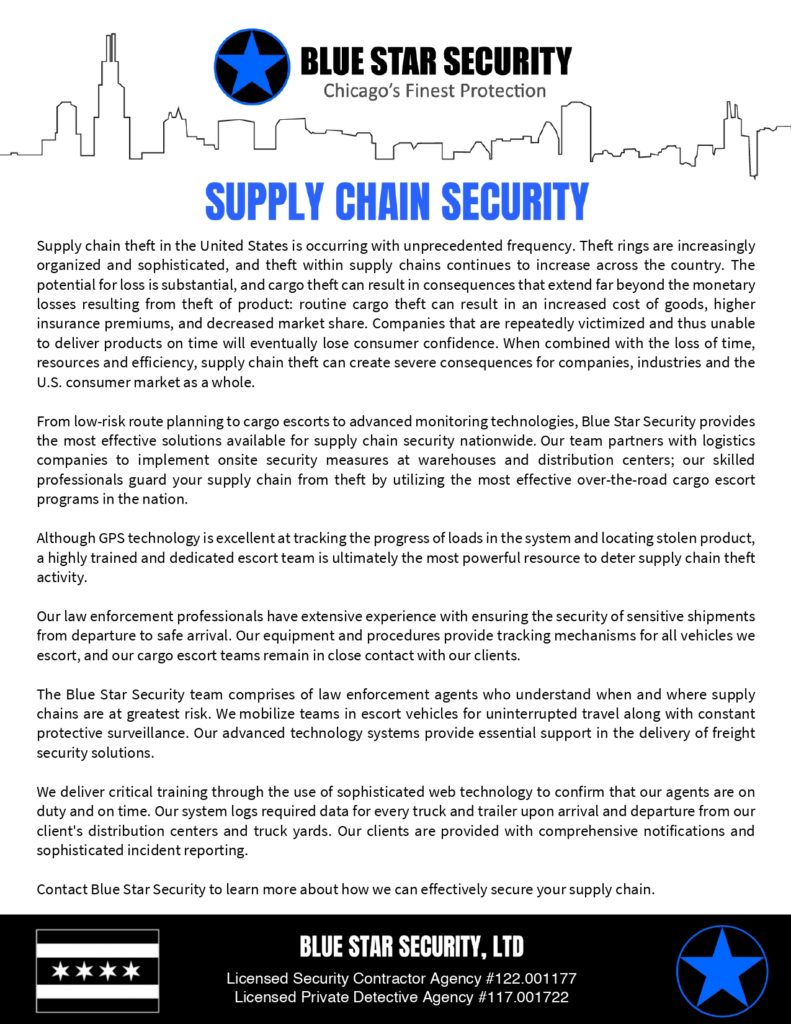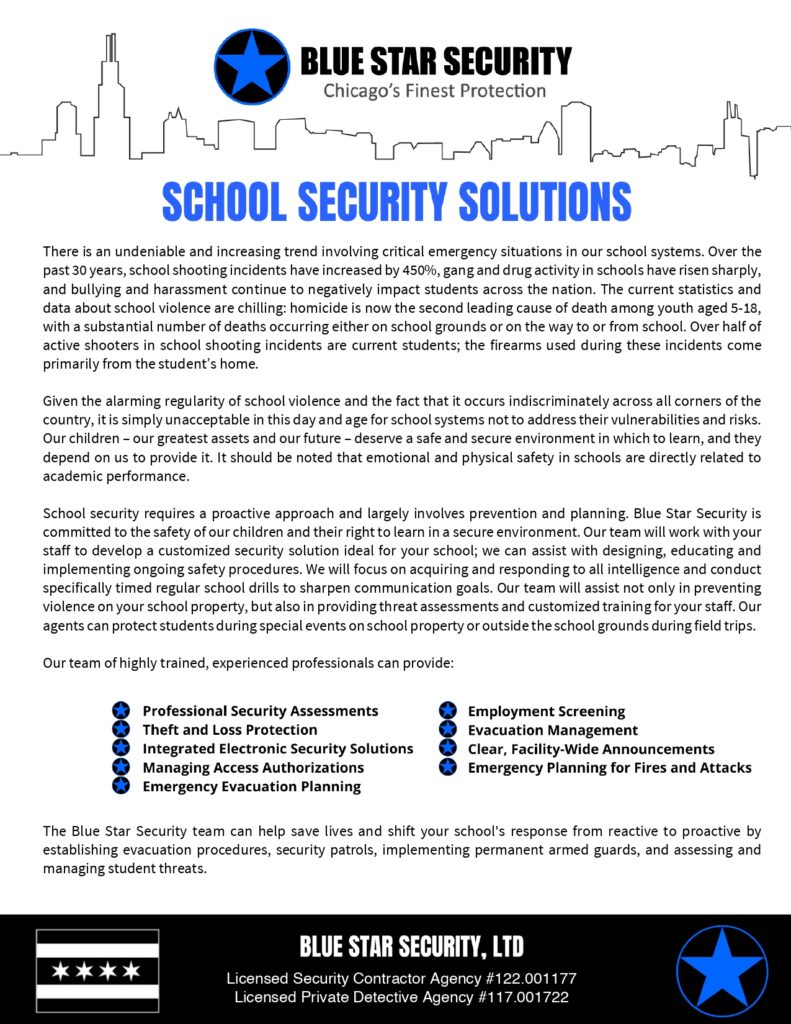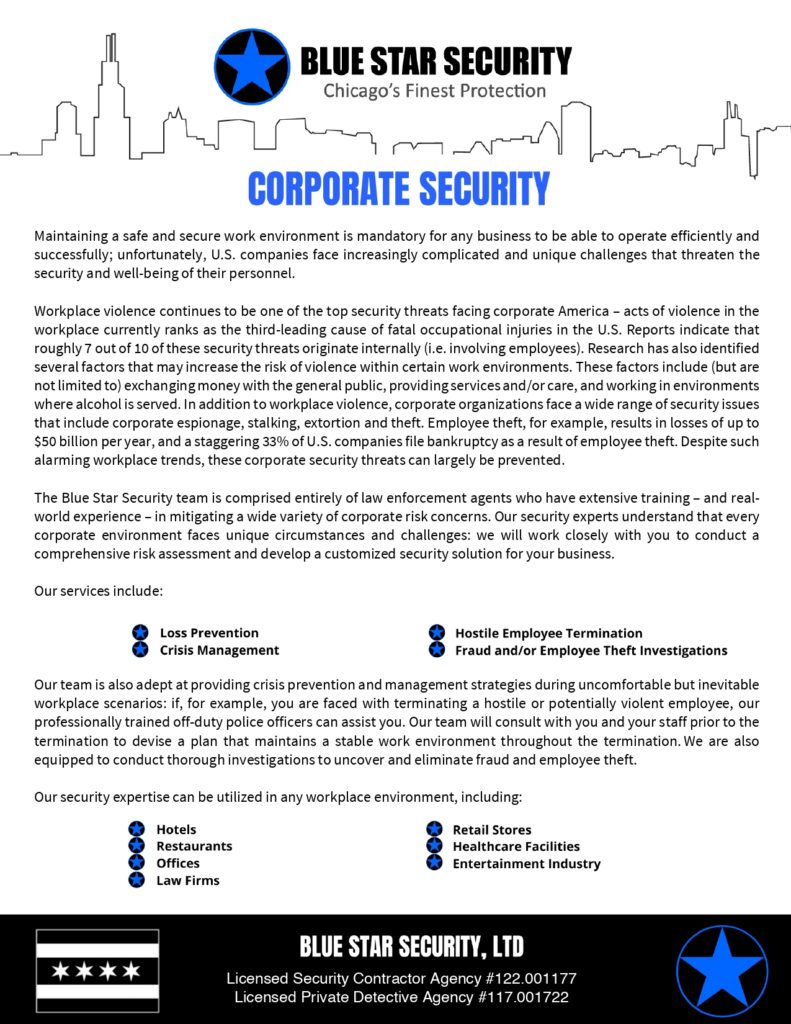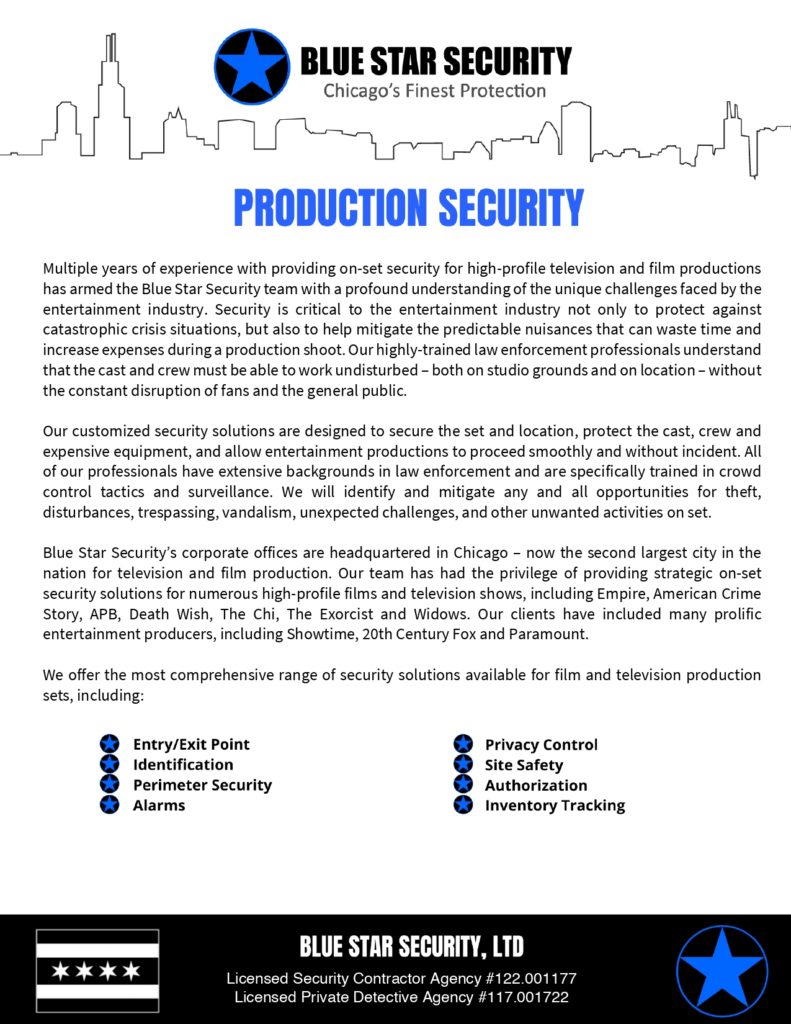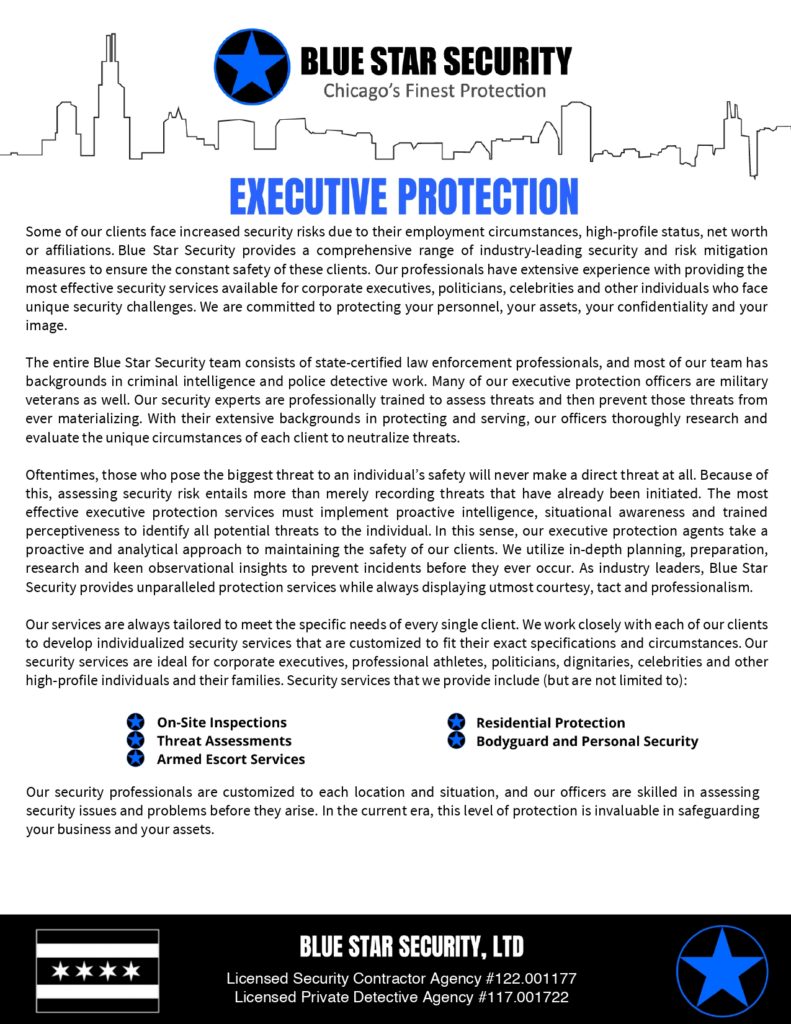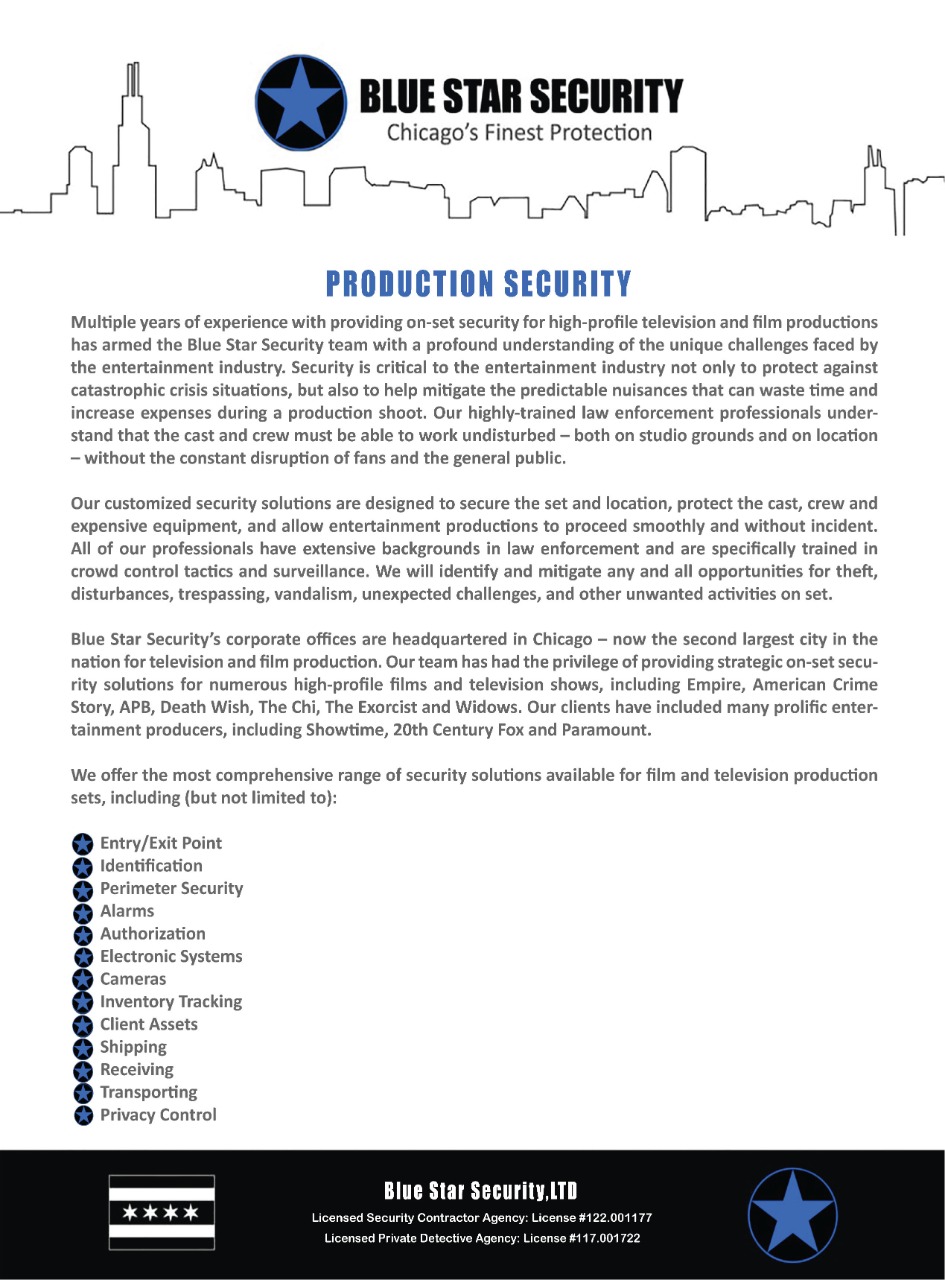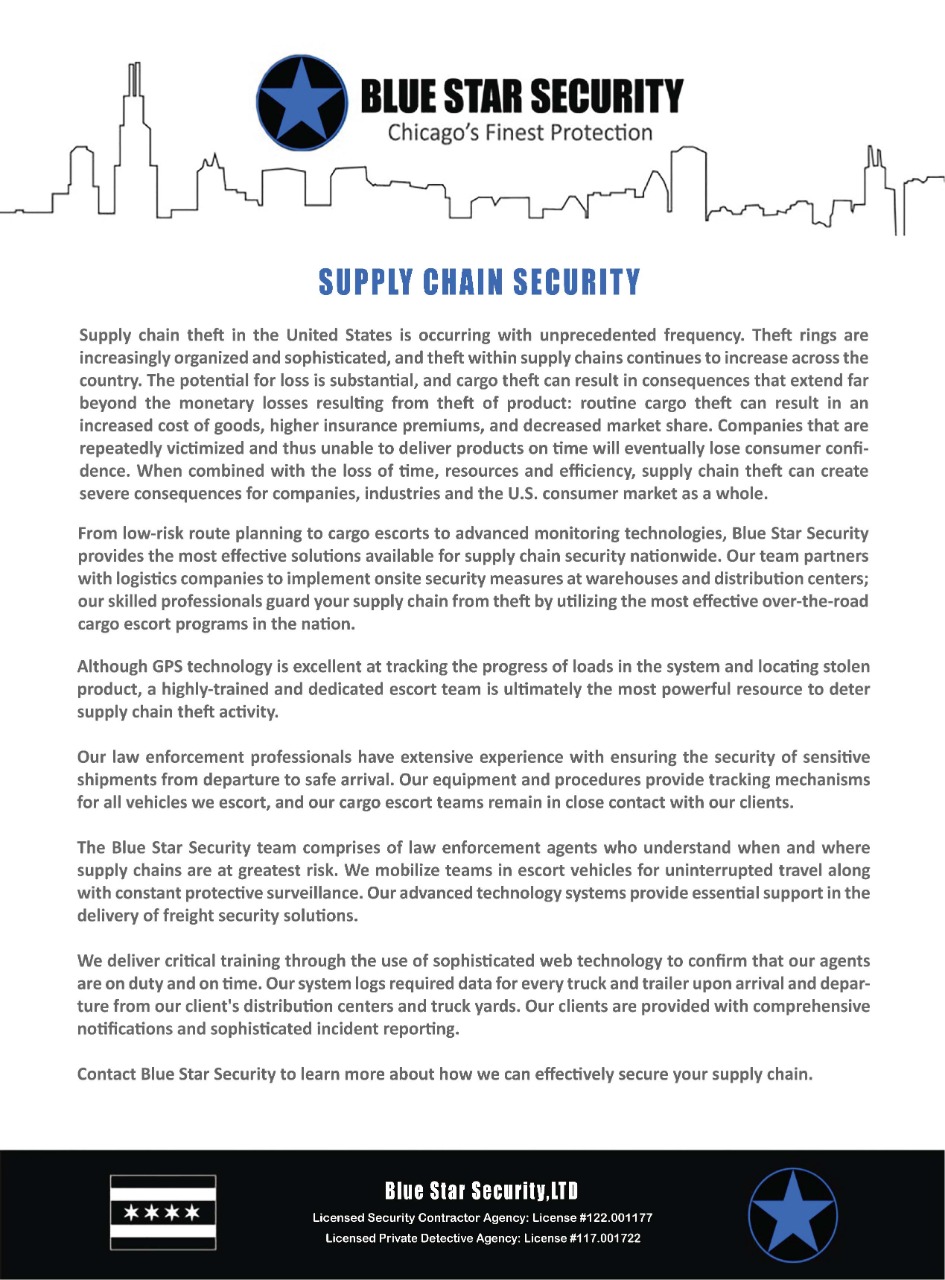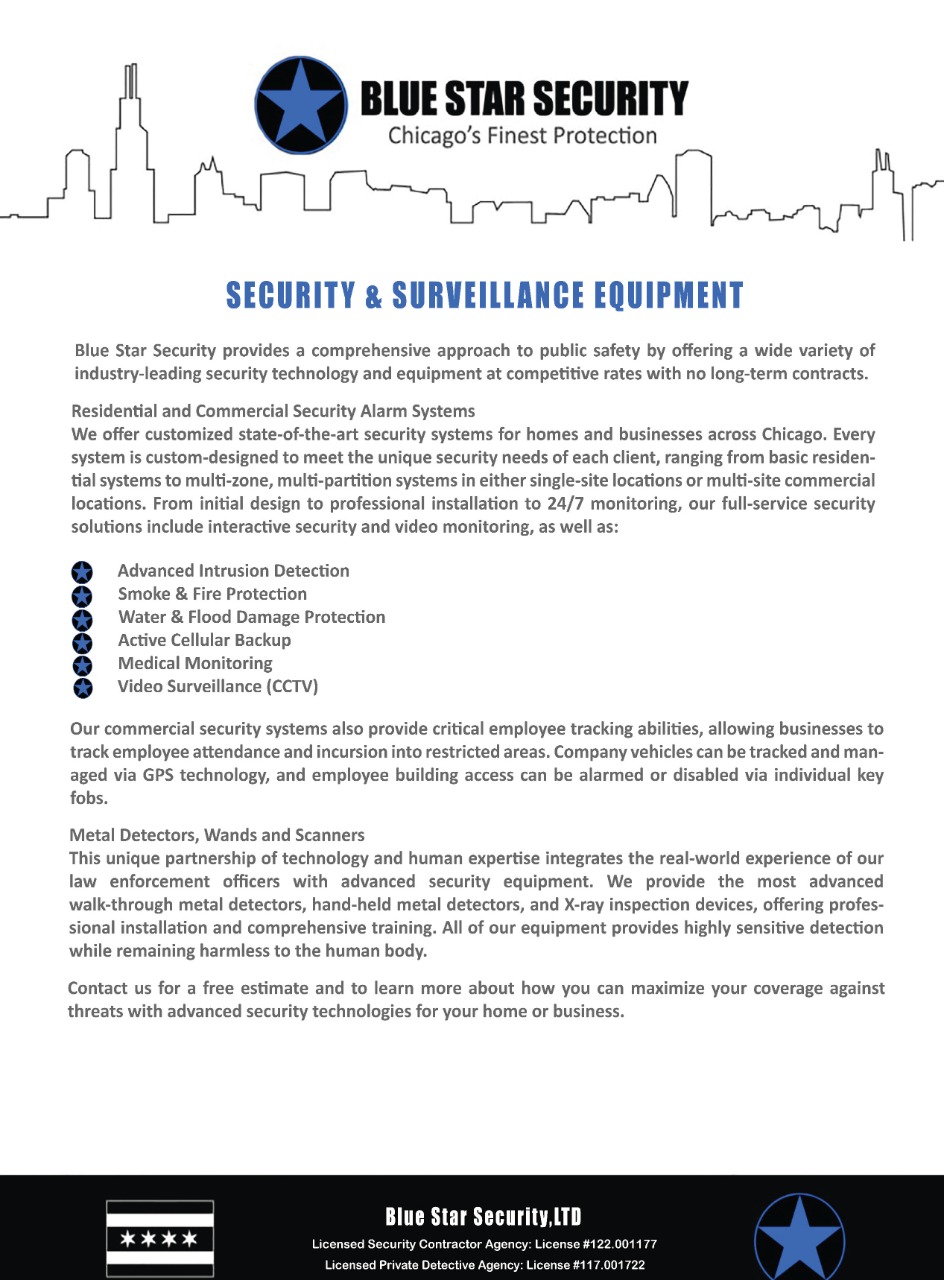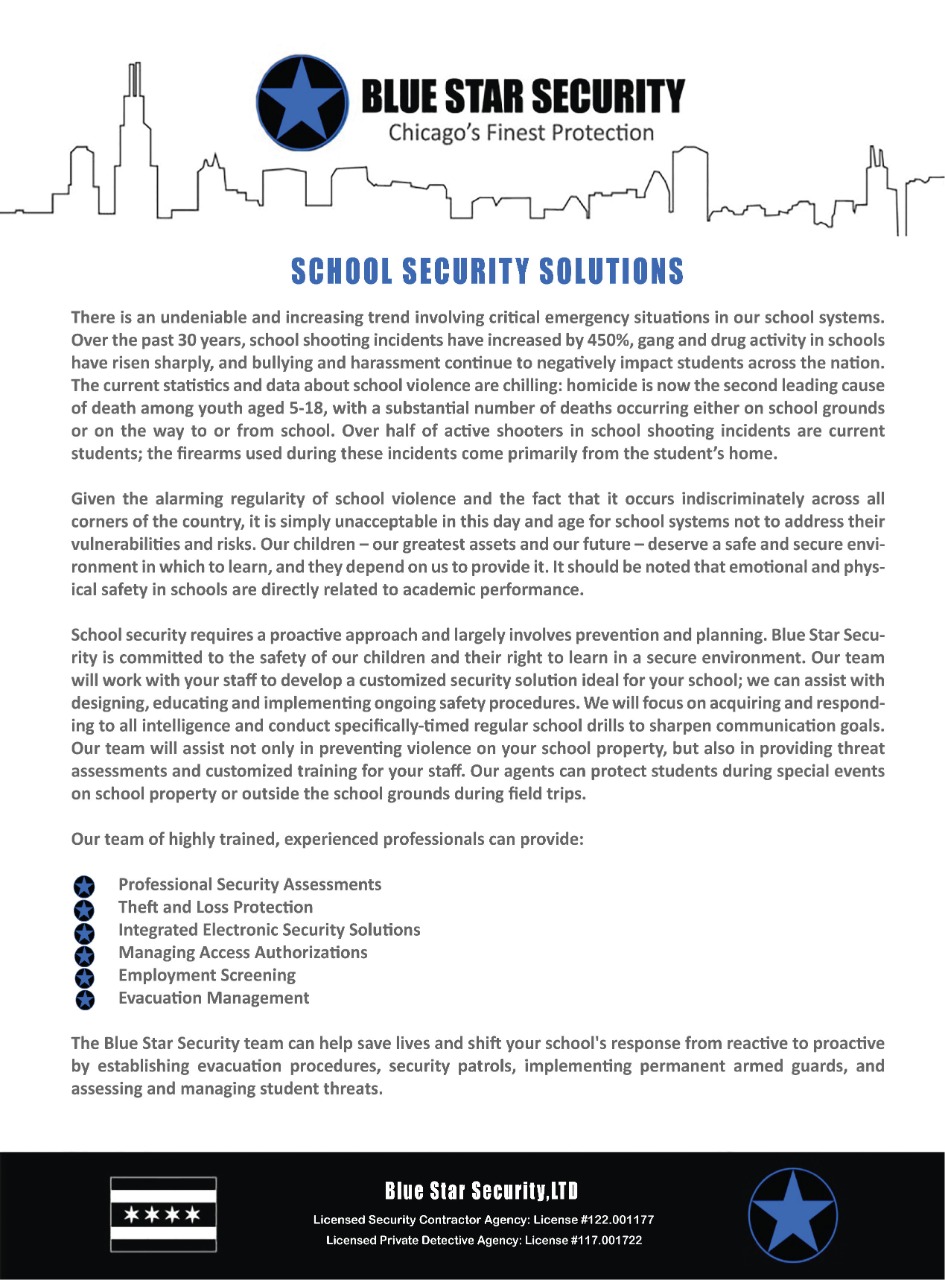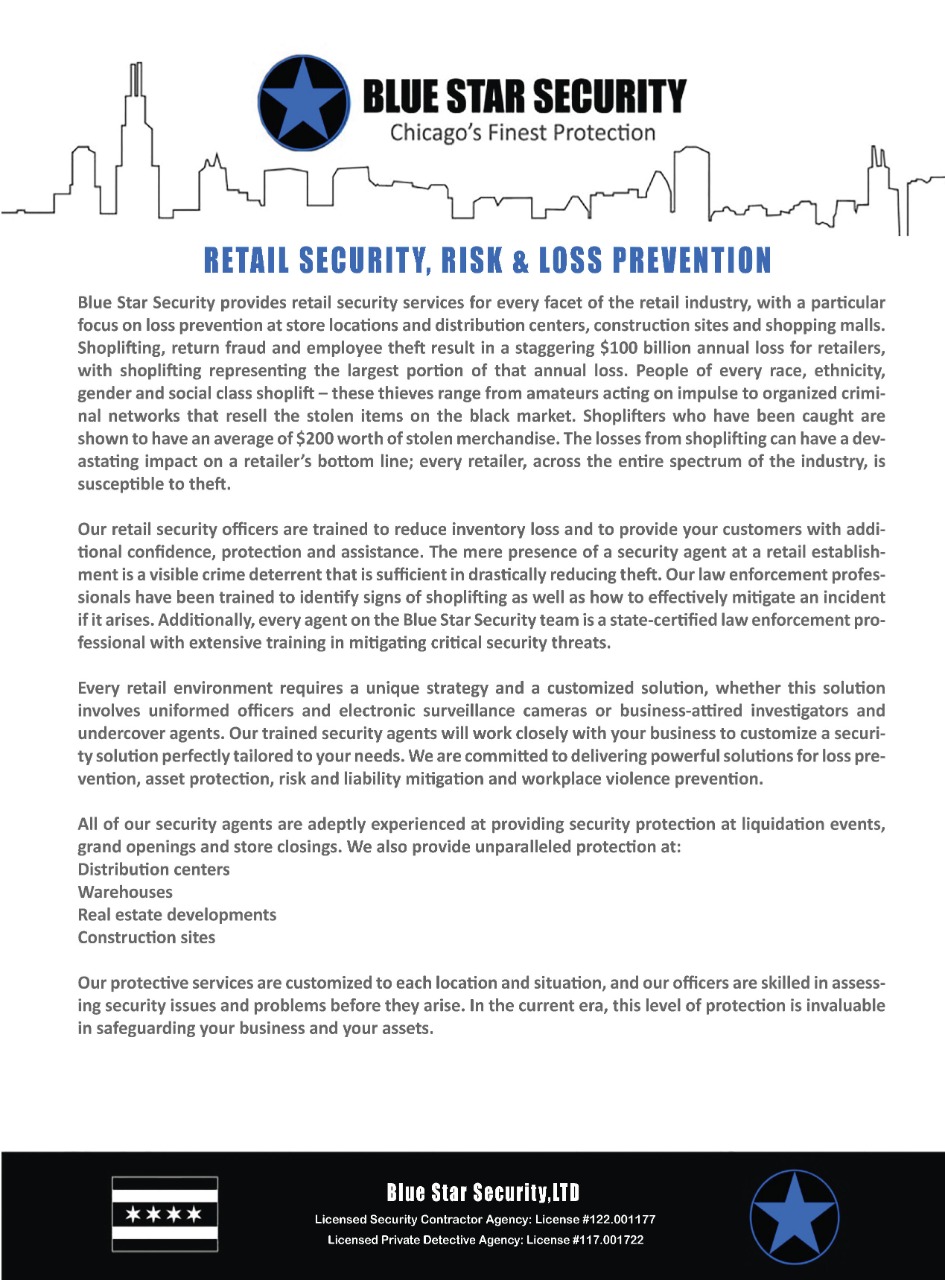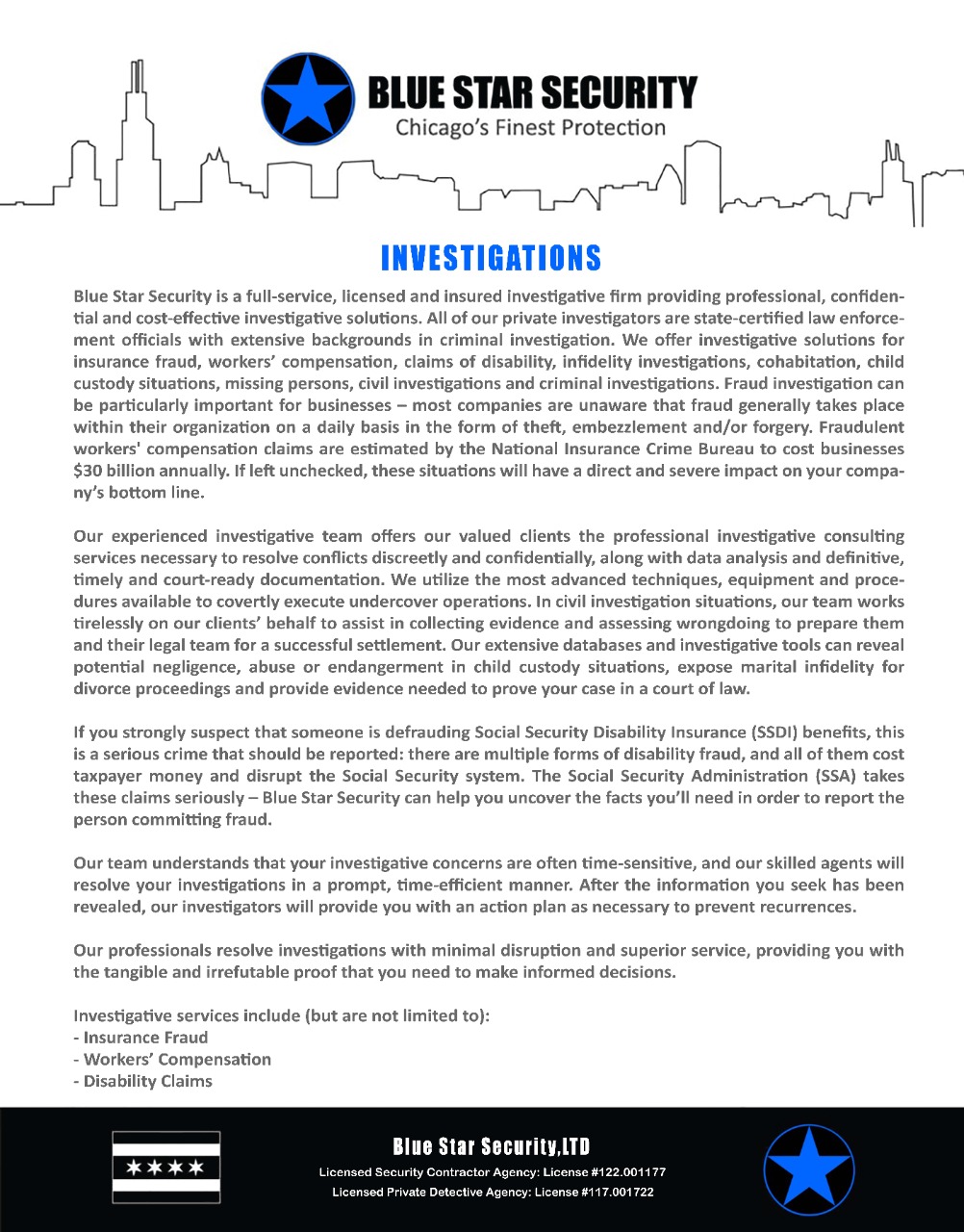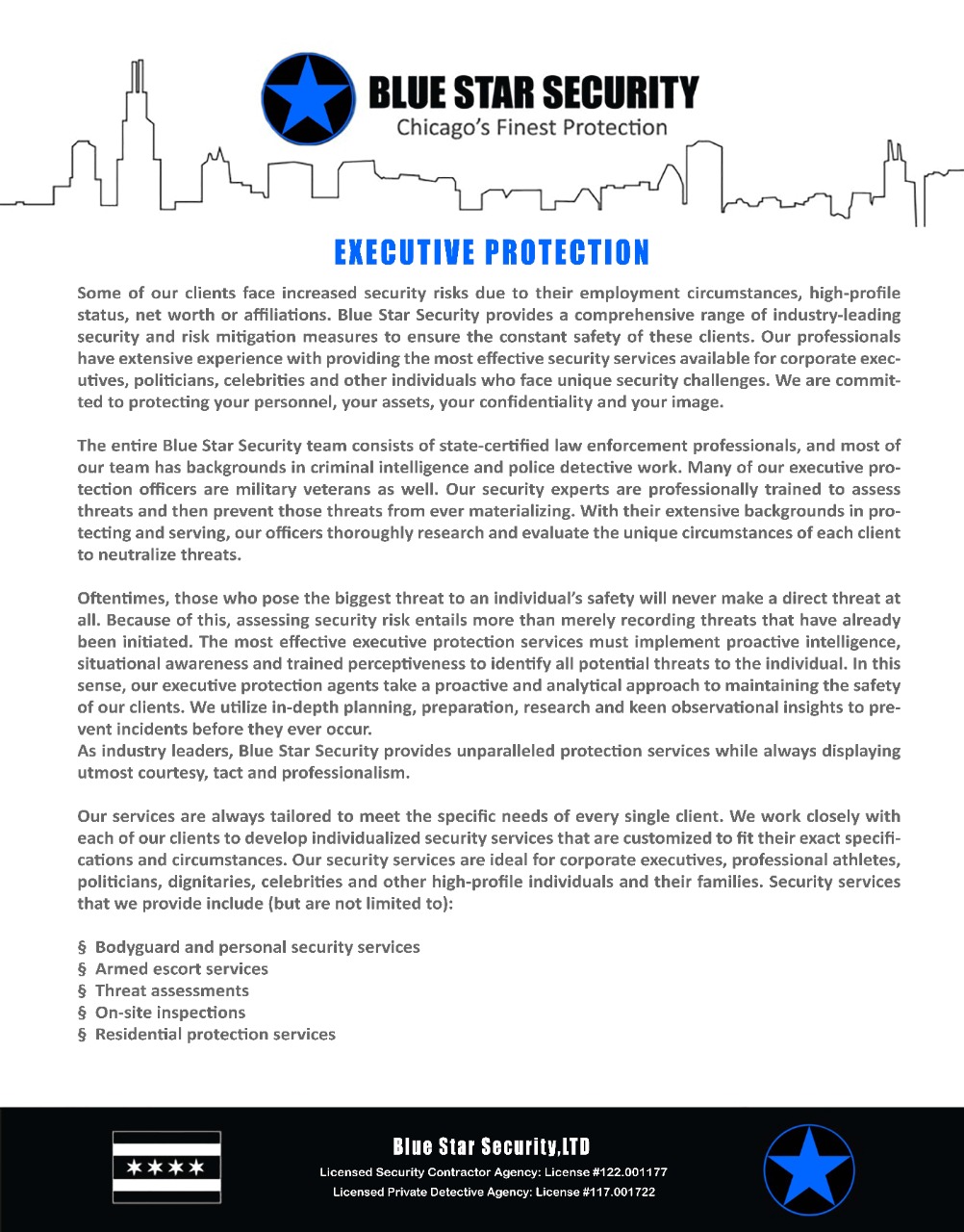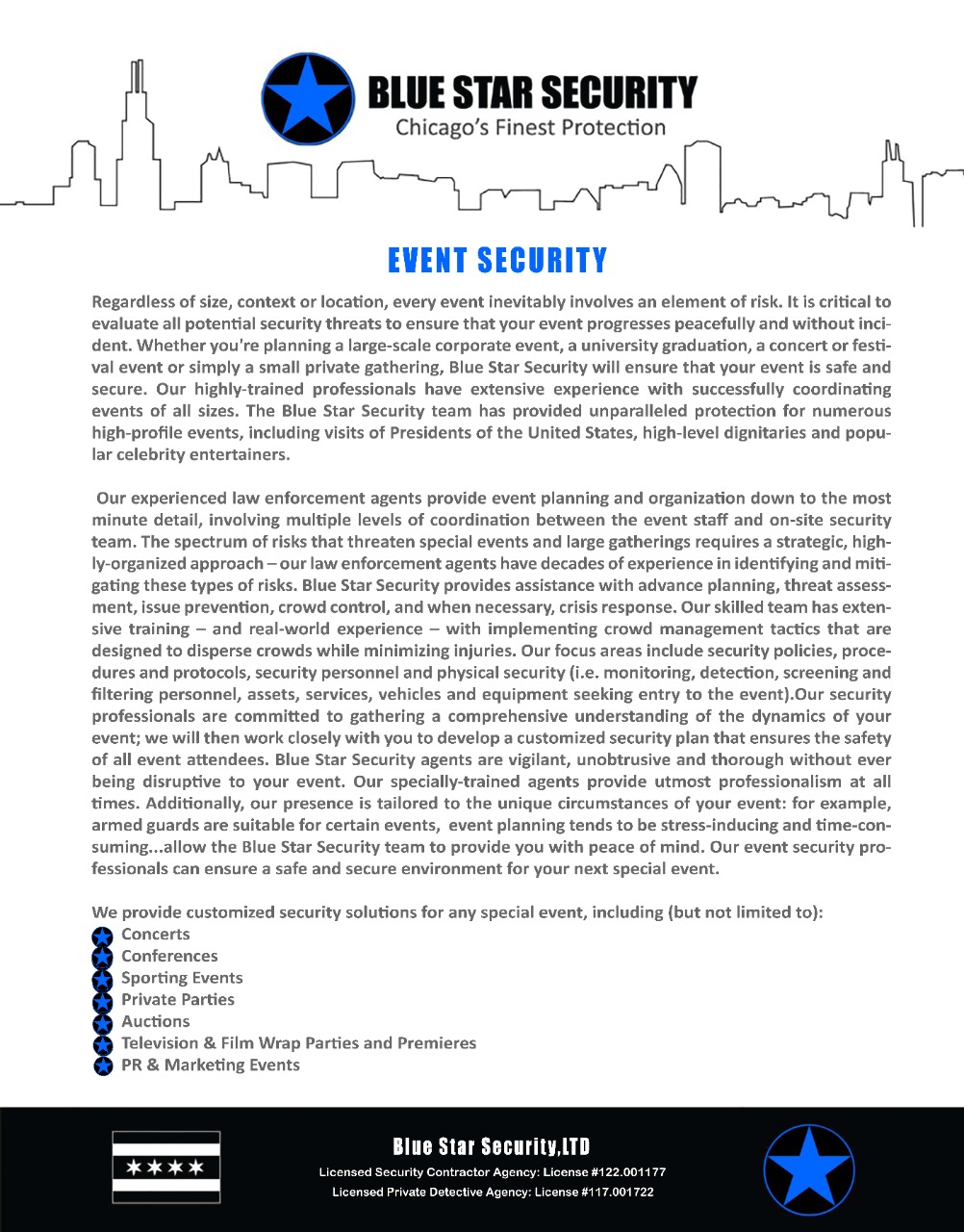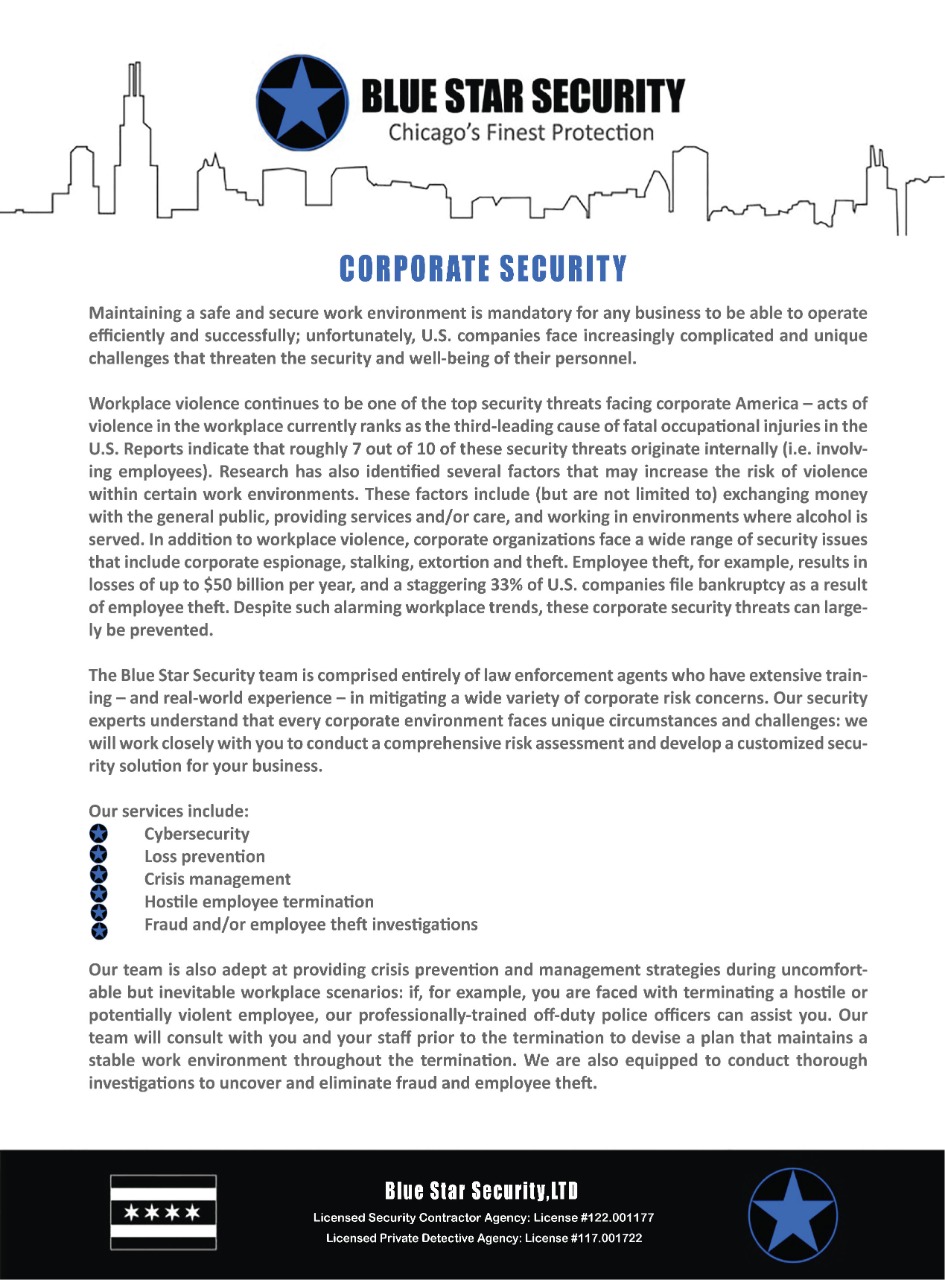Despite great effort, identify theft is still one of the most prevalent crimes in America. Thieves appear to be getting more and more tech savvy, as we store more of our personal information digitally.
Here’s the thing — all it takes is a small opportunity for a thief. Even if you protect yourself from obvious attacks, all it takes is opening the wrong email for a thief to gain access to your personal information. However, it’s simple to avoid these small mistakes and the damage they can do, if you know what to look out for.
In this post, we’ll cover how to protect your personal information, and some often overlooked things a private investigator would suggest you keep an eye out for.
If you have reason to think your identity has been stolen, you can always come back to this post, and see where to report it.
Physical Documentation:
Most people only have a few important documents, and these are some of the most important things to safeguard. From your bank statements and bills to social security cards and passports, here are some easy things you can do to protect your identity:
- Invest in a shredder. You should be shredding all important documentation that’s not needed. Even though it’s rare today, thieves will still dumpster dive for personal information.
- Secure your mailbox. A thief can easily walk to your mailbox and take any letters of value. Make sure you secure and check your mailbox often. If you send or receive especially sensitive information, consider sending them from your local post office.
- Secure your government documents. You should never carry your social security card, birth certificate, or passport on your person without reason. Memorize your social security number and lock it up with your birth certificate and passport. Safe deposit boxes work great from this.
Private Investigator Tip: If any company or organization asks for your social security number, make sure that you ask why they need it, how they protect it and what happens if you don’t give it to them. It’s a good practice to only give your social security number to those that absolutely need it and to be sure that those that receive it have adequate security procedures. I
Online:
As our society moves closer to doing any and everything digitally, hackers and thieves are becoming more and more tech-savvy. Protecting your personal information online isn’t the easiest thing to do, especially as these thieves think of new ways to trick their victims. However, if you follow these simple rules you can help protect yourself from online attacks:
- Antivirus and antispyware software. Most of us just click-out when our antivirus software pops up. We should all get out of this habit.
- Change your passwords often. This is fairly straightforward. If you’re not creative enough to continually come up with new passwords (I’m in this group), try LastPass. LastPass will automatically and continually generate complex passwords and store them in one secure easy to use place.
- Shop securely. When you’re shopping online make sure that the vendor’s website is secure before checking out. You can tell if a site is secure by the ‘padlock’ in the URL. If there’s no padlock, don’t enter any personal information – especially credit card details.
- Don’t fall for phishing emails. Phishing is the practice of sending fraudulent emails to try and trick someone into sending sensitive or credit card information. Even Amazon’s branding is being used as a disguise to trick people into handing over their sensitive information. It’s a good habit to never send sensitive information via email. If you receive a message asking for sensitive information and you think it’s illegitimate, google the institution in question and call them directly (don’t use any phone numbers in the email) and see if they indeed asked for the information, and why. Large banks and companies usually have policies in place to never ask for sensitive information via email. It’s very unlikely they would be asking for this information.
- Don’t overshare on social media. It’s ok. You can keep posting all those selfies. We mean to try to keep the personal information on your profile at a minimum, and only give those you trust access to your profile. There are a surprising number of people posting photos of their passports, credit cards drivers licenses and more…
- Is your Wi-Fi connection secure? If it isn’t, a thief can conceivably gain access to your information through that same connection. When using public wi-fi, try to avoid entering any personal information like logins, passwords, and account numbers, and make sure you know the identity of every network you connect to – don’t just connect to unsecured networks willy-nilly.
- Be vigilant. Don’t be a bystander. Actively monitor your accounts and credit score for irregularities. Although your bank and companies like Google are good at flagging weird transactions and logins on new devices, you’re going to be the first one to feel the effects if your identity is stolen. It’s also a good idea to see where you are currently logged in on services like, Facebook, and Gmail.
Private Investigator Tip. Make sure to keep an eye out for large data breaches at companies like, Target, Sony, Yahoo. If your personal information is stored with a company that ends up being the victim of a hack. Make sure to immediately change the passwords of all your accounts, and keep an eye out for any weird activity.
What to do if your identity has been stolen
It’s happened. Despite your best efforts, someone has managed to get a hold of your information and is stealing from you. What do you do now? Keep a level head and follow these easy tips:
- Report the theft to your financial institutions. Call your banks and credit card companies to report the fraud immediately. That way they can freeze your accounts and limit the damage as soon as possible.
- Report the theft to the Federal Trade Commission (FTC). This government agency will give you your written statement called an Identity Theft affidavit. Your affidavit will be a key component when reporting the theft. The FTC also offers recovery plans and assistance to victims of identity theft.
- Report the theft to your local police department. Just like any other crime, you need to get the police involved. Once you have your police report you’ll have everything you need. This report will be instrumental in ending any fraudulent activity and hopefully catching the thief.
- Report the fraud to the companies/institutions where the fraudulent accounts were created. The sooner you let these organizations know the sooner they can stop charging you or affect your credit.
Remember, private investigators are good at determining someone’s true identity and motives. If someone is asking for information or money and you’re not quite sure about handing it over, we can help make sure that your identity (and money) is safe.
Hopefully, this post helped outline some easy everyday things you can do to protect your identity. Even though the damage a thief can do with your information is incredible, there’s no need to be overly cautious and never share your information with anyone – just make smart choices about who has access to your personal information.
Blue Star Security is a full-service, licensed and insured investigative firm. We provide professional, confidential and cost-effective investigative solutions nationwide. All of our investigators are off duty police officers. We offer investigative solutions for insurance fraud, workers’ compensation, claims of disability, infidelity investigations, cohabitation, civil investigations and criminal investigations.
Contact us TODAY to schedule a FREE security assessment!!!







